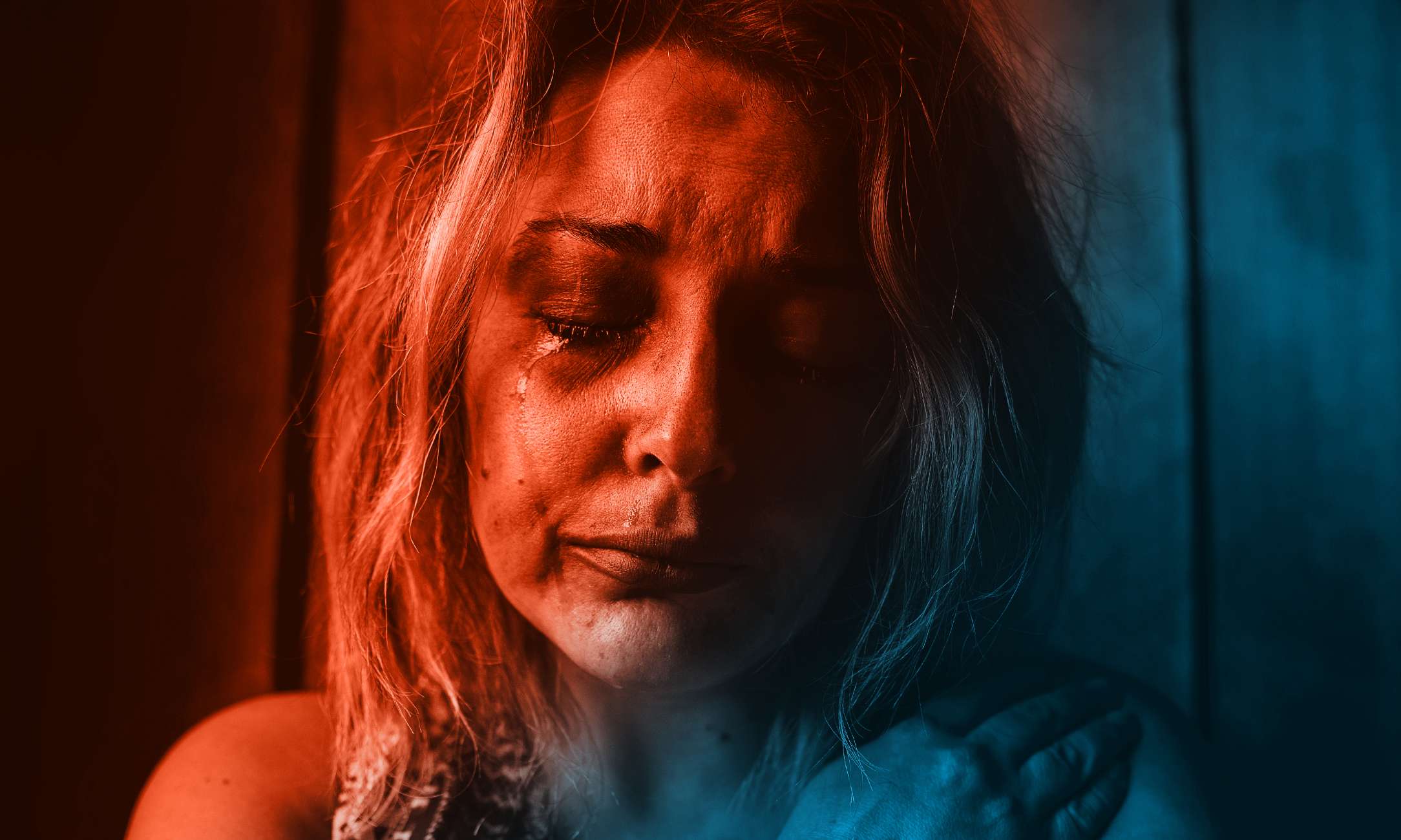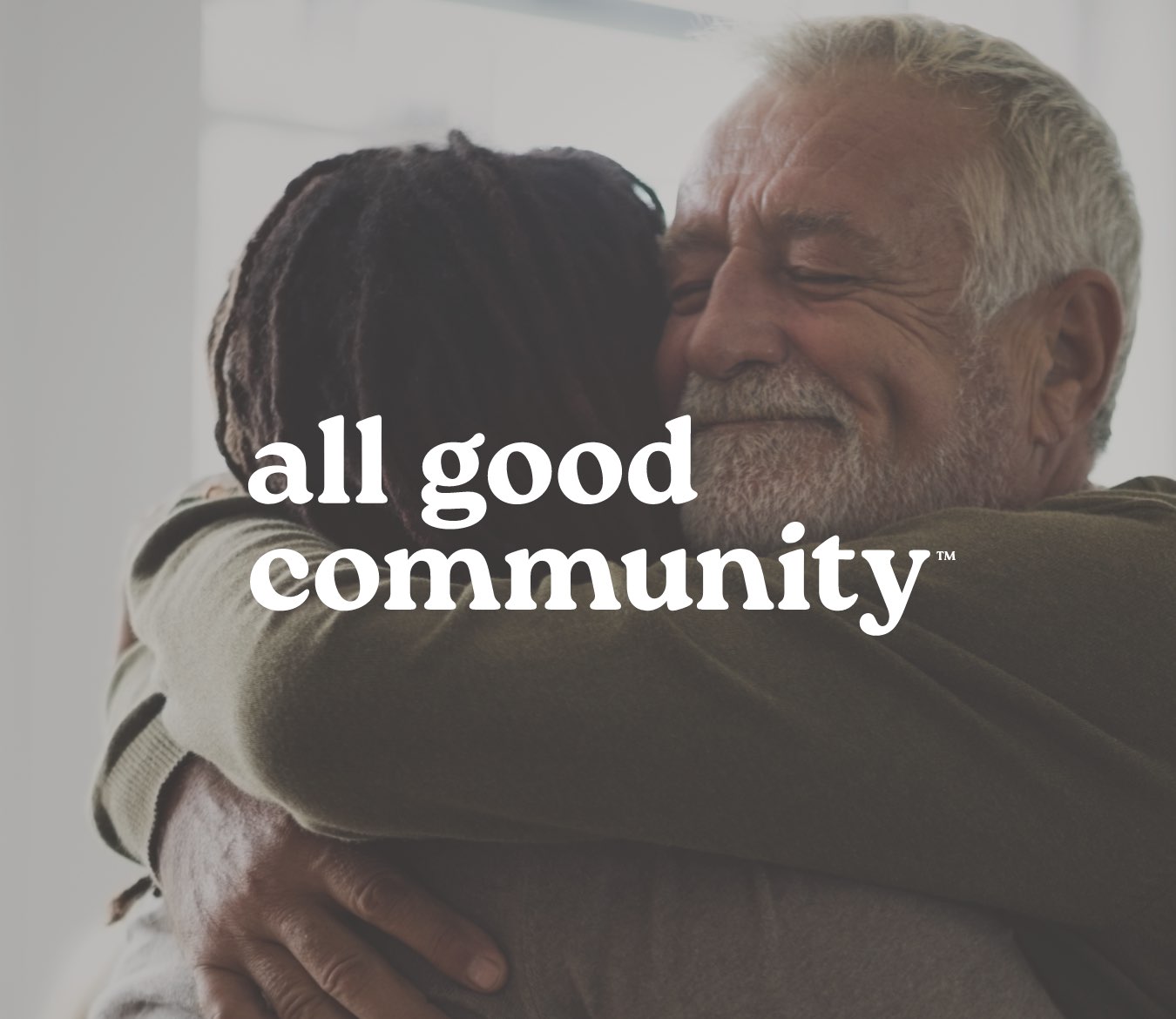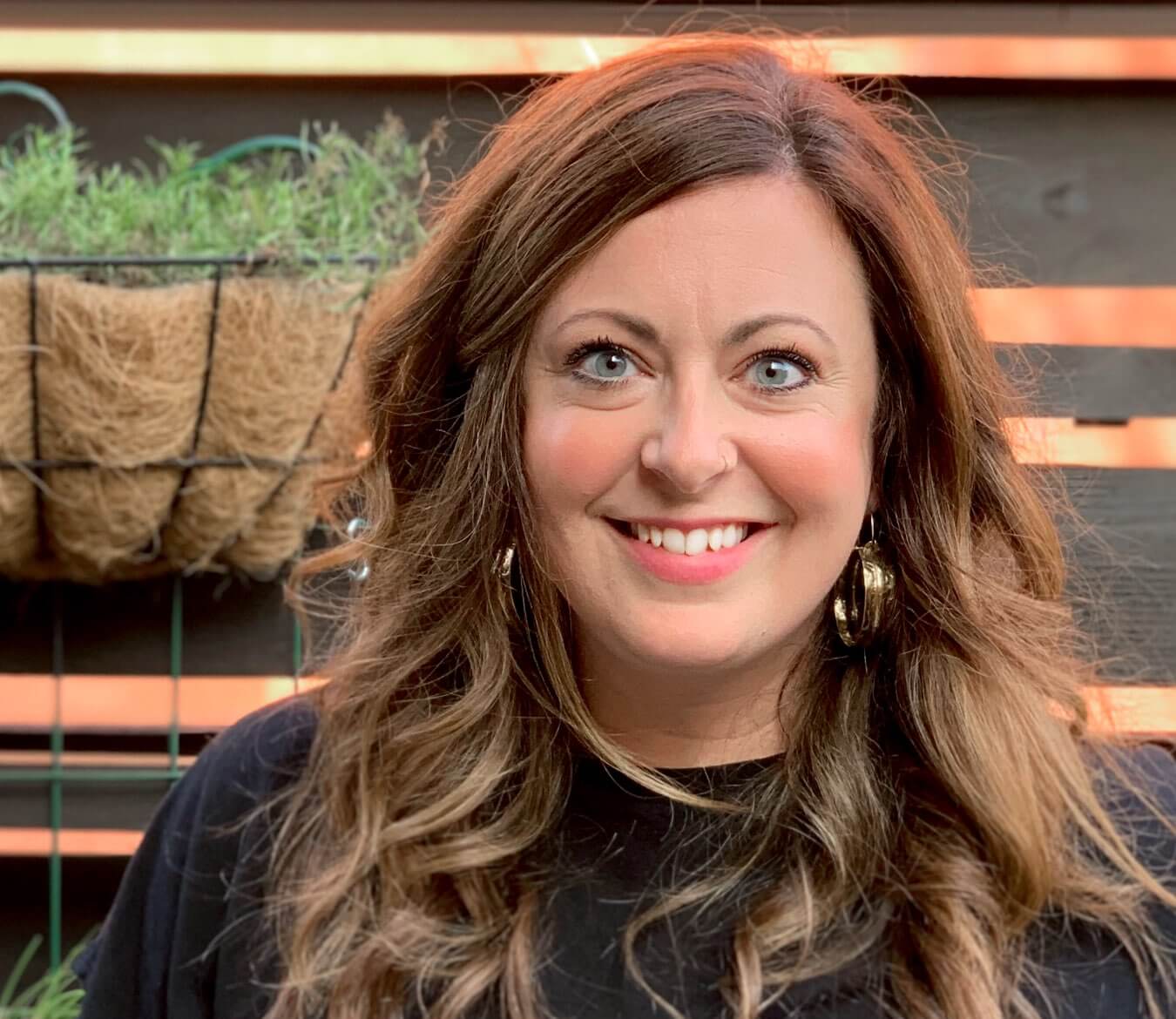Stopping Domestic Abuse: A Survivor’s Story

All Good’s work with an Arkansas-based domestic abuse shelter continues! As part of our preparation for creating their first-ever website, we traveled to the Natural State to sit down with some of their former residents. Specifically, we wanted to get a personal perspective of the shelter’s impact on domestically-abused women and to gather testimonials for the site that would urge more women to get help.
Of the four we did, our interview with Torrie stands out the most. And, with her permission, we’ve decided to share it with you (below).
Torrie’s Story
“It’s true what they say, domestic abuse doesn’t discriminate,” Torrie told us. “I never thought I’d become a victim at 42 years old.”
In 2020, Torrie had just ended a long-term, abusive relationship and was looking for a place to stay when her sister-in-law mentioned a personal friend from high school. “He’s super nice,” she told Torrie, “and he has an extra room. He says you can stay in it for free as long as you help out around the house.”
No rent? A real home? Torrie couldn’t turn down the offer. “I was so beat down from my past relationship, I wasn’t thinking clearly. All I craved was safety and warmth,” she said.
It took all of two days for Torrie to see that the arrangement was not what she had hoped. The man became verbally abusive, throwing fits when things weren’t done how he liked and telling Torrie that her efforts were pathetic and wrong.
Already in a vulnerable state of mind, Torrie blamed herself. “At first, I thought at least part of it had to be me. I was the one who was such a mess,” she remembered. So she decided she would just have to try harder to cook, clean, and speak to him how he wanted. After all, he was saving her thousands of dollars a month in rent, right?
But nothing improved. When Torrie tried to confide in friends about the situation, the man took her phone away. When she attempted to leave, he threatened to kill her family. Within two weeks, he had her convinced that if she wanted her parents and adult children to live, she would have to marry him. She complied, hoping that the wedding would calm him down enough to give her the breathing room she needed to leave.
Once again, things didn’t go as hoped. What once had been solely verbal and emotional abuse turned violent immediately after the wedding. Torrie and the man were driving home when she said something that, for some reason, made him angry. In response, he slammed on the brakes—so hard that Torrie’s head went straight through the windshield. From then on, Torrie was brutalized every day, for hours on end.
Her abuser was fired from his job, which gave him all the time in the world to torment Torrie. He starved her. He shot her up with heroin and meth daily, often more. (Torrie had never used drugs before.) He threw her against walls, punched her to the point of hospitalization, and squeezed her so hard that he made “fingerprint bruises” on her legs. Paranoid that Torrie was plotting to leave, he followed her everywhere in the house, wouldn’t let her go outside, and even slept in front of the door so she couldn’t sneak out.
All the while, Torrie was praying for a way out. On multiple occasions, she begged visitors to help her, but they just laughed and relayed her statements back to her abuser. After four months, though, she couldn’t take any more. One night, on a car ride back to the house, he lost it like never before, and something about the look in his eyes told Torrie: This was it. She was going to die. “I can remember thinking, ‘This is my last chance. I either let him kill me tonight or die trying to leave,’” she told us, “‘so I just prayed God would help me.’”
Since her abuser had let her drive them home—which he never did—Torrie decided to quietly pocket the car keys when they pulled up. Once they were inside, she turned around and sprinted back to the car. Just as she jumped in, she started the ignition, and then…boom, shattered glass. He was next to her, punching through the driver-side window with a rifle and reaching across her body to pull the keys out of the ignition. Torrie froze. “He began to deliver blow after blow, but amidst the blows, I heard a sound. It was the engine. Somehow, the car was still running.”
With the rifle pointed at her, Torrie hit the gas and drove to the only place she felt she could: her cousin’s house. From there, she called the domestic abuse hotline, where an operator connected her to the shelter. They had room.
As it turned out, this so-called “standup guy” wasn’t her sister-in-law’s friend but her drug dealer. Torrie had been part of a trade for free drugs.
Torrie Today
Now, Torrie is safe and healthy. There was a glow about her as she shared her story that we couldn’t get over. How could someone who had been through such horrific trauma be so full of life? She says she owes her happiness to God’s kindness and the care she received at the shelter. She has gained back the 60 pounds she lost during those four months, has a full-time job, goes to therapy every week, and lives on her own—with a big dog that makes her feel secure. Her new life purpose, she believes, is to help women like her. “I want abused women to know there is a safe place for them, there are people they can trust, and they can have a life again.”
Helping More Women Like Torrie
If it weren’t for our interviews, Torrie’s story would likely never be told. And we’re not only sharing it with you! Our team is working to creatively communicate it via the shelter’s new website, social media, and print materials. By doing so, we’ll be empowering Torrie (and other women) to live out her purpose in even bigger ways, helping many more women identify domestic abuse, take action to get out for good, and find the hope they need to build healthier, safer lives.
More Good News
Let’s do good things together.



